The partnership was formed with an appropriate mix of participating organisations in terms of profile, expertise and experience in cooperation.
It includes different profiles: Professional Association (IE), NGO (HERITAGE), Start-up SME (TSB), Museum (EMT), Natural Park(GK) and an Archaeological Park (PAFLEG), from 4 countries DE, AU, IT & EL.
3 Training Partners (IE, TSB, HERITAGE) have expertise in developing and delivering training for Heritage professionals in complementary areas (HI, Community Engagement, Branding, Social research), communication & dissemination; they will be crucial for the ‘R&D’ of EMPATHS results & in dissemination & multiplier events.
On the other hand, 3 Piloting Partners (GK, PAFLEG, EMT) cover the spectrum of cultural, natural, intangible heritage and museums; they all work with HI and community engagement, manage multi-site and multi- community areas and with high environmental risks and need to combine multiple perspectives in the HI of their landscapes to ensure inclusion & sustainable behaviour; they will be crucial in co-designing & testing EMPATHS results, especially the on- site piloting of the Interpretive Community Labs & local events. In each country, a training partner & a piloting partner will work closely together (the piloting partner working closely with IE will be GK).
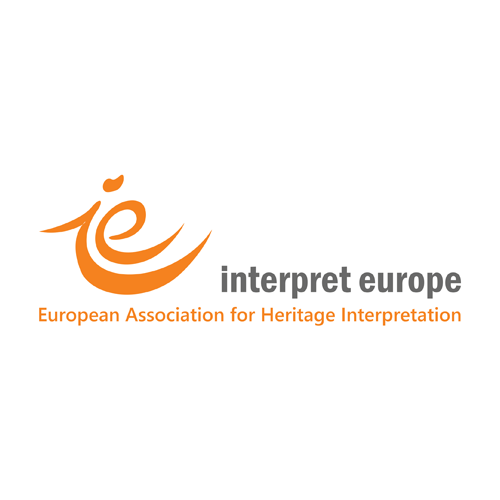
Interpret Europe (IE) is the European association for Heritage Interpretation. With more than 1,000 members, heritage professionals ranging from guides, curators, site managers to consultants and researchers in the public and private sectors, IE’s mission is to empower all who inspire meaningful connections with Europe’s natural and cultural heritage to shape our common future. It does this by providing training and advocacy for value-based and people centred visitor experiences to help people (visitors, local communities, and stakeholders) understand and connect with heritage on a personal level and in relation to the wider world such as the global challenges of contemporary society.
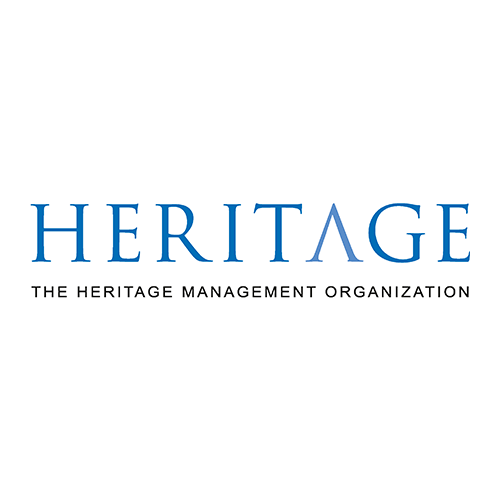
The Heritage Management Organization (HERITΛGE) was established in Greece to enable key heritage managers to independently transform heritage assets into dynamic sources of learning, community identity, and economic development through targeted training. We train professionals in the management of heritage sites and assets, independently of project specifics.

The Story Behind (TSB) is a start-up SME specialising in ethical branding, storytelling and interpretation for heritage and cultural organisations and offering consultancy, training and research in those areas. TSB’s ambition is to transform heritage sites from specialist-oriented places into accessible and engaging places of significance, inspiration, and identity for all audiences.
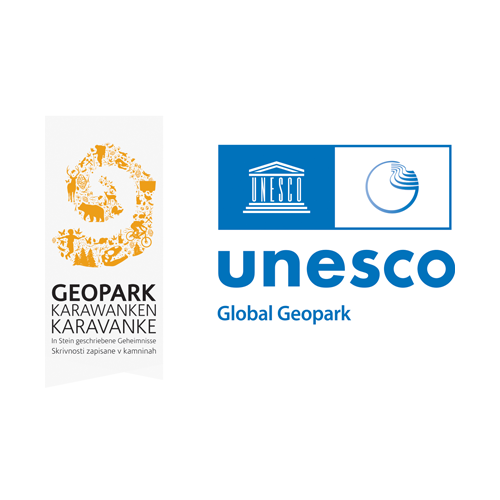
The Karawanken-Karavanke UNESCO Global Geopark spans 1,067 km² across Austria and Slovenia, covering 9 Austrian and 5 Slovenian municipalities with around 53,000 inhabitants. It features remarkable geological, natural, and cultural heritage. In 2013, the Geopark joined the European and Global Geoparks Networks, and became a UNESCO Global Geopark in 2015. It is one of only four cross-border Geoparks worldwide. In November 2019, the Geopark was restructured into an EGTC (European Grouping of Territorial Cooperation), which includes 14 municipalities and is the first EGTC on the Austrian-Slovenian border. Its key objectives are preserving geological and cultural heritage, promoting education and awareness, supporting sustainable tourism, fostering cross-border cooperation, and advocating for sustainable regional development. The Geopark has extensive experience in international projects focused on education, interpretation, and sustainable development.
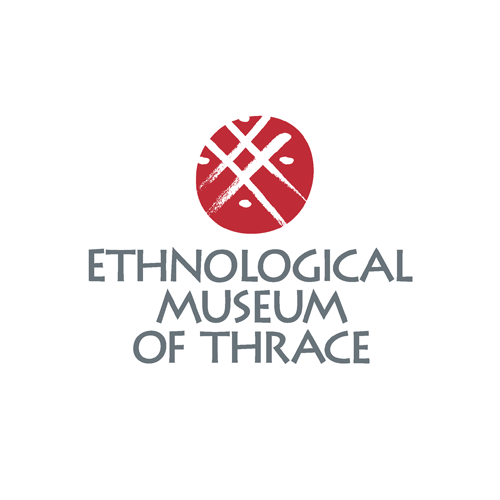
The Ethnological Museum of Thrace is a non-profit organisation founded in 2002. Its mission is to research, preserve historical memory and promote Thracian culture. EMT is a model of active interaction with the cultural and social scene of the region; Through art, education and handcraft traditions it aims to become a cultural hub for the region. It has received awards both national and international for its committed work with the local communities.
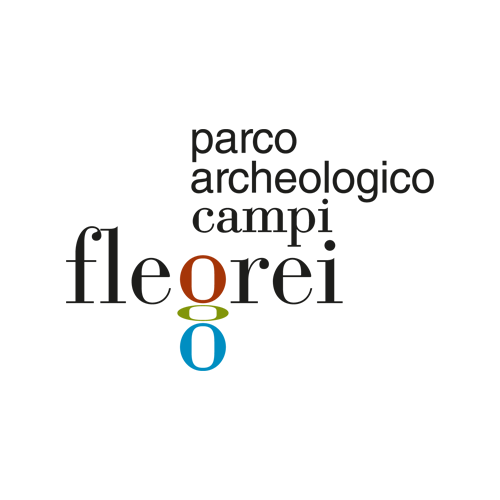
The Archaeological Park of Campi Flegrei (henceforth: PAFLEG) is an institute of the Italian Ministry of Culture. It includes 27 archaeological sites located in a large volcanic area on the west of Naples (the Phlegraean Fields). PAFLEG works on the protection, research, and valorisation of one of the most important Mediterranean archaeological contexts. The Park aims at encouraging sustainable cultural, social, and economic development of a large territorial context (including the towns of Pozzuoli, Bacoli, Monte di Procida, Giugliano in Campania, Quarto).
#empaths_project
#heritageinterpretation
#heritagetraining
#HeritageForAll
#HeritageLandscapes